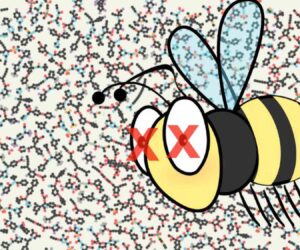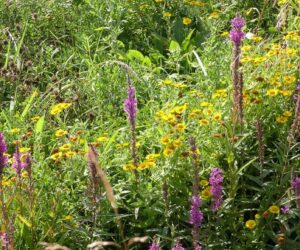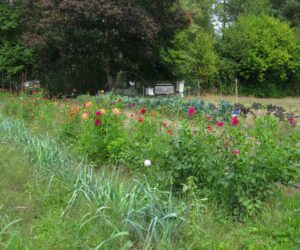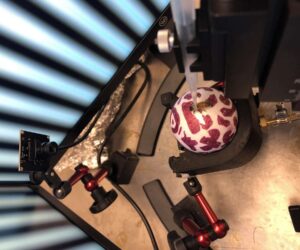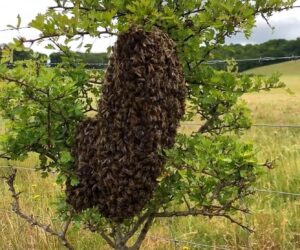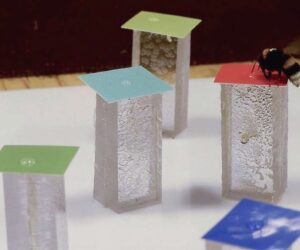
Individual forager bumblebees marked with a small number tag were exposed either to very low acute dose of glyphosate-based herbicide Roundup, or to sucrose (control). Thereafter, bees underwent five learning bouts in which they choose between artificial rewarding flowers (sucrose) or aversive flowers (quinine). Experimental bees were individually allowed to enter the arena with 10 different color flowers (two of each color) with a drop of sucrose or quinine. During the five learning bouts control bees learned to differentiate between the rewarding and aversive flowers, and two days later they were able to remember all they had learned. However, learning of the Roundup exposed bees was declined within few hours from the exposure, and two days later in a memory test they had lost everything they had learned. (University of Turku, NewsX/Bee)
